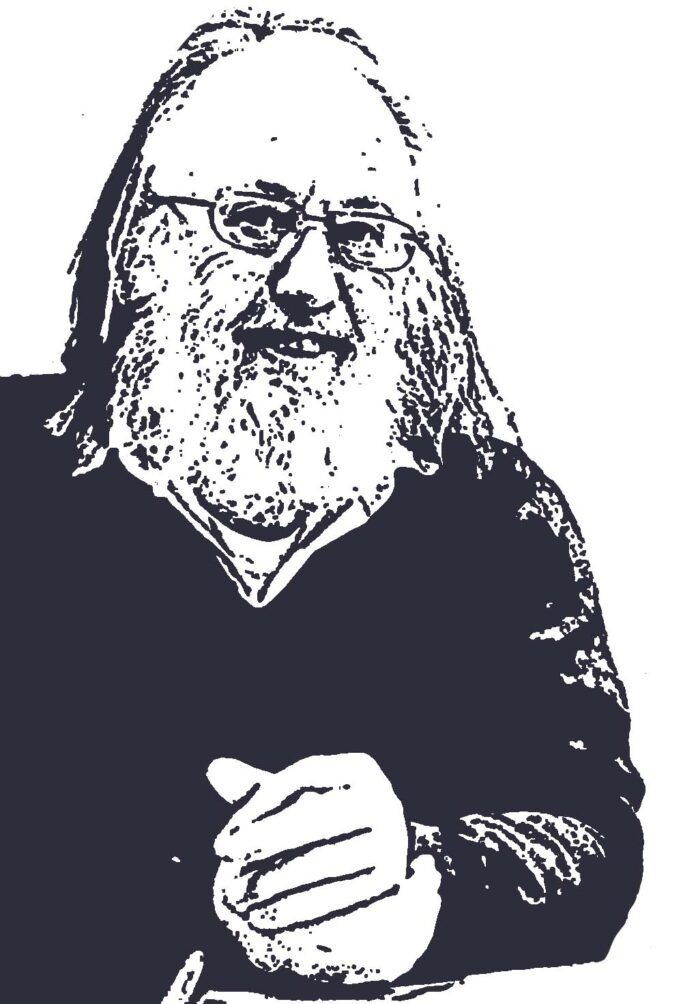I understand we’re in a federal election campaign, yes? I may seem a little confused, but, to be honest, the whole election thing seems unreal and irrelevant for some reason.
I suppose that, after a year and a half of pandemics, climate crises, wars and rumours of wars, etc., having to suddenly switch attention to some politicians making promises (yet again) and trying to take them seriously is a bit of a stretch.
Of course, this election is important: every election is important, at whatever level of government it takes place. Don’t get me wrong: I am all for democratic involvement and giving people a chance to vote and make a change. Maybe it’s just that the world we’ve lived in over the last eighteen months seems to have made your average, day-to-day style of politics a bit unreal.
The issues and the challenges we’ve been facing give a new perspective to things.
Many have been asking why we’re having this election at this particular point in time. Well, it’s the same reason as always: the ruling party believe this is their best time to seek reelection. There is really never any other consideration in picking these times. You believe your opponents are weaker than you, and you try and exploit that to your advantage. That’s party politics.
Justin Trudeau looks at the Conservatives and sees a relatively new leader, not really known to Canadians yet, and therefore running to catch up with more familiar faces.
The NDP have a leader who is better known, and perhaps has a higher profile and reputation, but Trudeau doesn’t believe that the NDP have any chance of overtaking the Liberals in terms of seats in Parliament.
He looks at the Greens and sees a party in disarray because of the actions of its putative leader, someone deeply divisive within the Green ranks.
The Bloc Québécois will never have anything close to majority in the House of Commons; but then, that’s not their goal.
Whether he’s accurate in his analysis of the political prospects of the various parties or not, Trudeau has chosen this time to try for a new term, possibly even a majority. To some extent, at least, that is up to us, the voters of Canada, in spite of the serious obstacles in our way. Obstacles such as the current electoral system.
First Past the Post favours the established parties, and makes it almost impossible for others to break through. This has resulted, consistently, in parties forming government even though they just about never gained a majority of votes cast.
Some form of proportional Representation [PR] would be more democratic in practice, but it seems highly unlikely that either of the parties now benefitting so greatly from the current system would ever willingly give up that advantage. Trudeau promised to, and reneged.
Some believe that PR would only lead to unstable coalitions, and often point to Italy as the worst case scenario. But there are varieties of PR systems, and other countries have enjoyed better outcomes from the system they chose.
Of the 43 countries within Europe, 40 use some form of proportional representation to elect their MPs. These include Germany, Austria, Ireland, Belgium, Portugal, Norway, and the Netherlands.
Another obstacle to a really democratic system are our rather homogenous political parties.
Try looking up definitions of our main parties online: it is illuminating. They are described as being centre to centre-left, centre-right to right-wing; centre-left, and centre-left to left-wing. Try and guess which party is which.
This is not necessarily a bad position for Canada to be in. It means that, whichever party is in power, there will not be a radical shift in any direction, depending, that is, on the individual leader and the team he picks to govern with.
But back to our present campaign. It is a very short one this time. Too short to really allow voters to get acquainted with candidates and policies, without a good deal of individual research, something for which voters are not at all inclined.
Canadians don’t vote in overwhelming numbers, and there will be no time for all-candidate meetings this time around.
Between the short campaign season and the restrictions still in place because of covid, the Times will not be holding our usual candidate meetings during this election. Not many people, not to mention the candidates themselves, would be willing to gather in a crowd to hear promises and accusations, even if it were permitted by pandemic regulations.
I’ve no doubt that there will be those claiming that this is all part of the Great Covid Conspiracy to strip us of our democratic rights and freedoms. Who knows? This time, that may be at least partially the case. Lack of opportunity to hear from, and question, our local candidates is a genuine democratic deficit, no matter which direction you come from politically.
All of which is why I find it hard to grasp the reality of this election. As of August 20, there are no confirmed candidates in this riding, though the Conservatives and Peoples Party have nominated representatives to run. This will probably change in the coming days.
Perception or not, this election is happening and it is another opportunity for each of us to have a say, no matter what we think of the system, the candidates, the timing, or the results in the past. That is how it works.
We keep trying, thinking, reading, deciding, perhaps even taking a radical step and voting for a party we never did before, or one our family were not committed to in the past.
Strange thought: make an independent decision based on the merits of the candidate, and not the colour of their signs.


